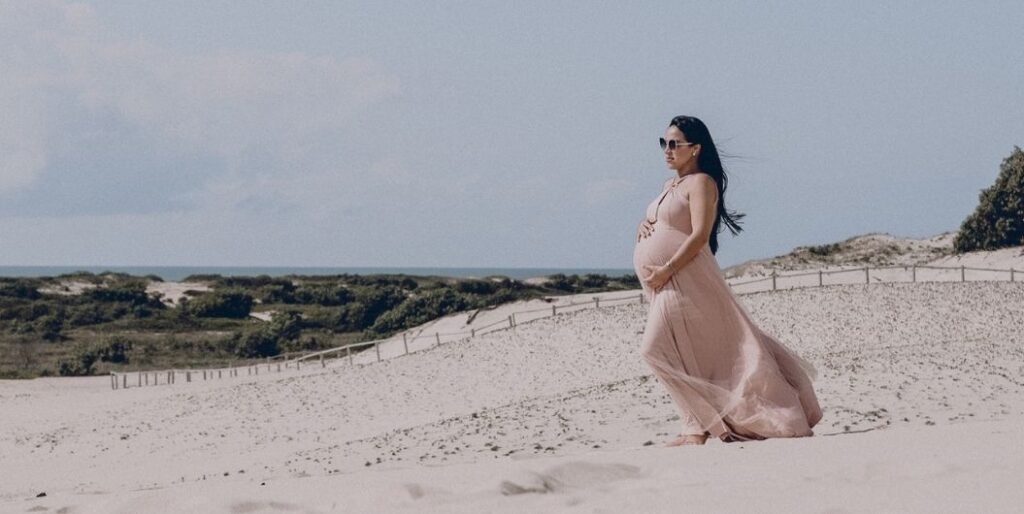Pregnancy in Your 40s

They don’t call it the “fabulous” 40s for nothing — many women feel better than ever in this decade, thanks to career success, a strong marriage, and a life of experiences. It’s no wonder that many women are choosing to wait until their 40s to start a family, or choose to finish their family in their 40s. While you may be more prepared emotionally, financially and relationship-wise, pregnancy in your 40s is much more difficult to achieve than in your 20s or 30s.
Experts agree that physically, the optimum time to get pregnant is in your 20s. This may be an impossibility, as more women are getting married in their late 20s, 30s and even 40s. Other women choose to hold off on starting a family until they finish school, are secure in their careers, etc. Women in their 40s report that they are more laid back, not as worried about impressing people or being perfect. Being further along in her career might allow a woman to feel more secure in taking time off to have a child.
The reality of pregnancy in your 40s is that it is much more difficult to get pregnant, especially with your own eggs. Although your egg supply is slowly diminishing over time, by age 43 your supply has basically dwindled to very few, if any. Many fertility specialists say that most women in their 40s have to turn to donor eggs in order to get pregnant, particularly by your mid-40s. A woman’s fertility in general starts a slow decline in her 30s, and then undergoes a much sharper decline from her early 40s to 50.

Fertility treatments are successful 25% of the time for women aged 40, while by age 44, the success rate drops to a shocking 1.6%. Few eggs, and aging eggs are two very real problems for achieving pregnancy in your 40s, along with the fact that your partner is most likely older as well. Although men can father children well into their 80s and even 90s, the quantity and quality of their sperm suffers as they age.
Pregnancy in your 40s carries a higher risk of developing complications such as placenta previa, low birth weight, high blood pressure, premature delivery, preeclampsia and diabetes. The risk of miscarriage also increases: the percentage of miscarriage at age 40 is 34%; over age 45, it rises to 53%. This is in comparison to a 12% risk of miscarriage at age 30. Cesarean sections also rise with older moms — they’re necessary in about 43% of older moms’ pregnancies.
In addition to potential complications, the risk of chromosomal defects such as Downs syndrome increases dramatically. At age 40, the risk is about one in 106. By 45, the risk skyrockets to one in 30.
The good news is that there are more fertility treatments available to moms than ever before. If you want to achieve pregnancy in your 40s, you have a good chance at bearing a child, particularly if you are willing to explore options like donor eggs or embryos.
